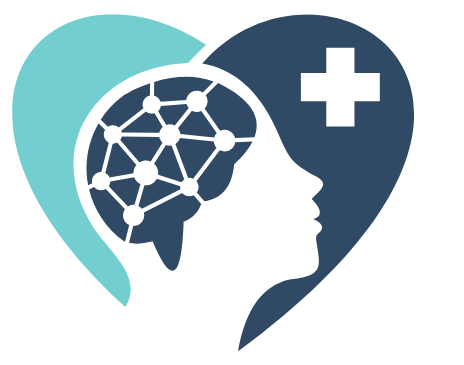Positive psychology is a fairly new field of research that focuses on studying positive aspects of human experiences, such as happiness, well-being, and flourishing. While the field of positive psychology has made significant contributions to our understanding of happiness, research in this area is ongoing, and new findings continue to emerge. Here are some key discoveries from the field of positive psychology regarding happiness in humans:
The construct of happiness is multifaceted: Positive psychology recognizes that happiness is not a singular concept but a multifaceted construct that encompasses various dimensions. These dimensions include positive emotions, engagement in activities, positive relationships, a sense of meaning and purpose in life, and accomplishment.
Positive emotions and well-being: Numerous studies have shown that positive emotions, such as joy, gratitude, and contentment, are associated with higher levels of well-being and overall happiness. Experiencing positive emotions frequently and cultivating a positive outlook can contribute to increased life satisfaction.
Engagement and flow: Positive psychology emphasizes the importance of engagement in activities that bring about a state of flow. Flow refers to a state of complete absorption and focus in an activity, where a person’s skills match the task at hand. Engaging in activities that promote flow can lead to a sense of happiness and fulfillment. Examples of such activities include making art, listening to music, completing puzzles, playing a sport, gardening, etc.
Positive relationships: Social connections and positive relationships play a vital role in human happiness. Strong social support networks and meaningful connections with others contribute to increased well-being and life satisfaction. Positive psychology highlights the importance of fostering and nurturing these relationships across different levels, including intimate one-on-one relationships, friendships, neighbors and colleagues, community members, and connection to larger social groups in society.
Finding meaning and purpose: Having a sense of meaning and purpose in life is a significant predictor of happiness. When individuals feel that their lives have purpose and are aligned with their core values, they tend to experience higher levels of well-being. Positive psychology encourages individuals to explore and pursue activities and goals that align with their personal values and bring a sense of meaning. Examples of meaning in life include pursuing knowledge, supporting family, solving world problems, developing creative potential, and dedication to God or a higher power.
Resilience and gratitude: Positive psychology recognizes the importance of resilience in maintaining happiness. Resilient individuals have the ability to bounce back from setbacks and adapt to challenges, leading to greater overall well-being. Additionally, cultivating gratitude and focusing on appreciating the positive aspects of life has been shown to enhance happiness and well-being.
It’s worth noting that while positive psychology provides valuable insights into happiness, individual experiences of happiness may vary, and the factors contributing to happiness can be complex and subjective. The field continues to evolve, and ongoing research further enhances our understanding of the human experience of happiness.
Photo by Keira Burton. Created June 1, 2023 by AI. Edited by Sarah Kress.

